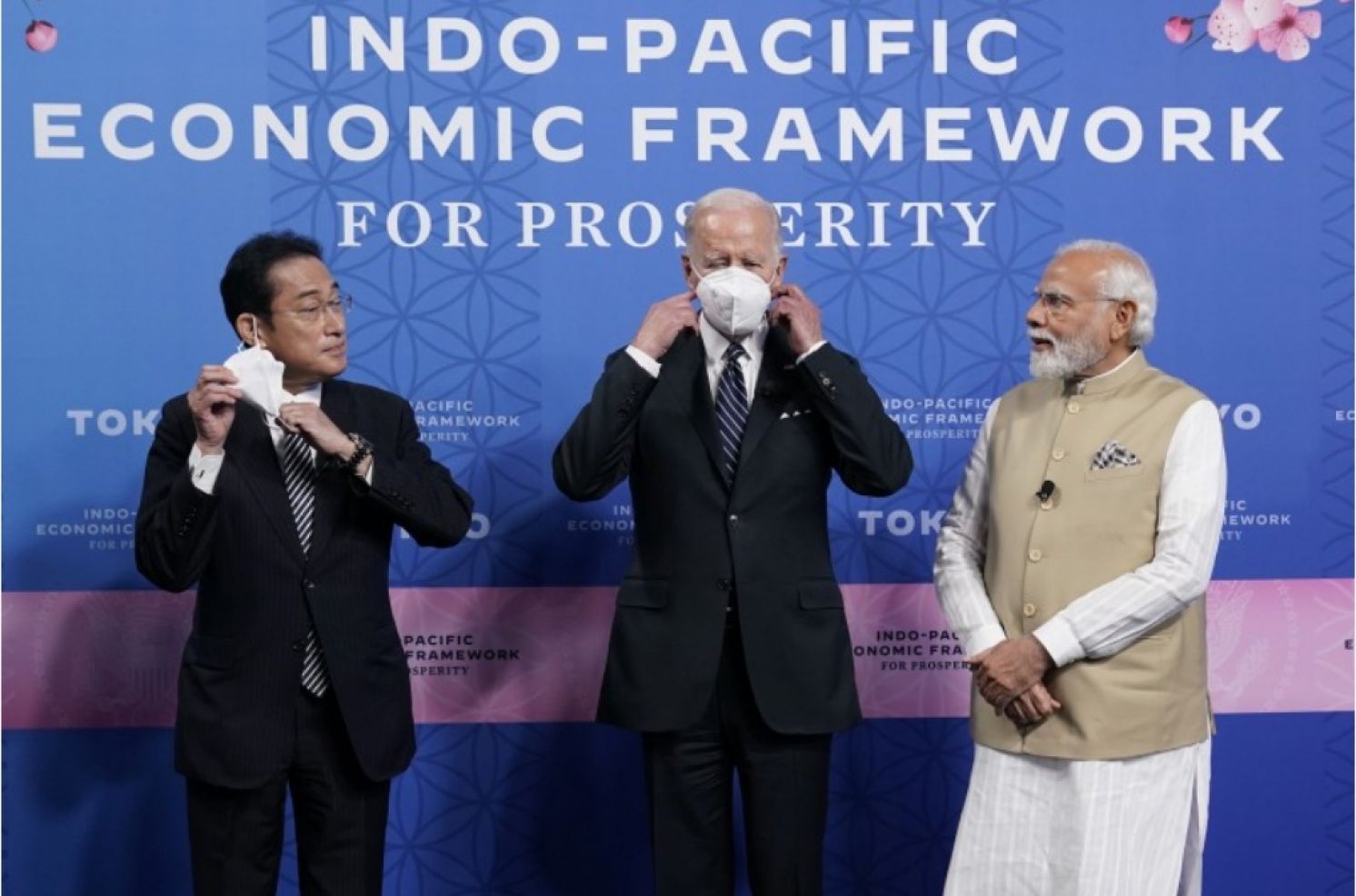
Understanding America's True Intentions
China Times, May 28, 2022
President Joe Biden of the United States announced the launch of the "Indo-Pacific Economic Framework" (IPEF) on May 23, and Taiwan was not in the list of the founding participants. Wouldn't this make Taiwan feel dismayed? Is this moment not touted as the best ever in the history of U.S.-Taiwan relations? Moreover, the only dominant leader of IPEF is the United States without China’s constraints, and with more than 250 bipartisan members of Congress having voiced their support for Taiwan’s participation. How could Taiwan swallow such a result? Judging from several recent events, one cannot help wondering if the United States is really trustworthy?
International relations are inherently unpredictable, and the only guiding principle lies in the interests of great powers. Therefore, the so-called "best moment in the history of U.S.-Taiwan relations" is also based on the fact that the United States regards China as the "primary imaginary enemy", and there is a need for liaising with Taiwan to curb the mainland. However, most of the 13 founding members in the IPEF are members of the Comprehensive and Progressive Agreement for Trans-Pacific Partnership (CPTPP) or Regional Comprehensive Economic Partnership (RCEP), it is inevitably difficult for the new organization to achieve any "anti-China" agenda. Although the IPEF focuses on the digital economy and supply chain, the United States is still concerned about the Beijing factor. At the end of the day, it is not in the national interest of the United States to stand up for Taiwan.
Not only was the IPEF disappointing, but when he was asked during his visit to Japan whether the United States would be willing to intervene militarily to defend Taiwan if Taiwan were attacked by China, Mr. Biden once again positively answered yes. However, the White House immediately reiterated that the “One China” policy has not changed, and that the United States will provide Taiwan with military means of self-defense based on the Taiwan Relations Act. In his speech on May 26, Secretary of State Anthony Blinken reiterated that the United States does not support Taiwan independence. This is after the same clarification by Kurt Campbell, Coordinator for Indo-Pacific Affairs of the National Security Council, following the update of the official website of "U.S.-Taiwan Relations" by the Department of State a few days ago. Is this just kidding? Wouldn’t it drive the Taiwan insane?
Obviously, the United States will not compromise its principle to strike a deal. At most, it will offer some goodies to appease Taiwan. Once the situation goes against the interests of the United States, it will definitely turn its back on Taiwan and walk away. In the recent past, when Secretary of Commerce Gina Raimondo urged Congress to pass the "American Chip Manufacturing Act", she said that 70 percent of the most sophisticated chips of the United States are purchased from Taiwan, which are mainly used in military equipment. The Javelin missile launch system uses about 250 chips. "Do you want to buy all of them from Taiwan? It's not safe." It is not good enough for Taiwan Semiconductor Manufacturing Company (TSMC) to hand over its business secrets to the United States. TSMC could be cumbered with the concern of national security of the United States. Does the Executive Yuan or the Ministry of Economic Affairs have prepared a Plan B for any eventuality? Too many cases seem to prove that the United States really can no longer be trusted.
From: https://www.chinatimes.com/newspapers/20220528000449-260109?chdtv